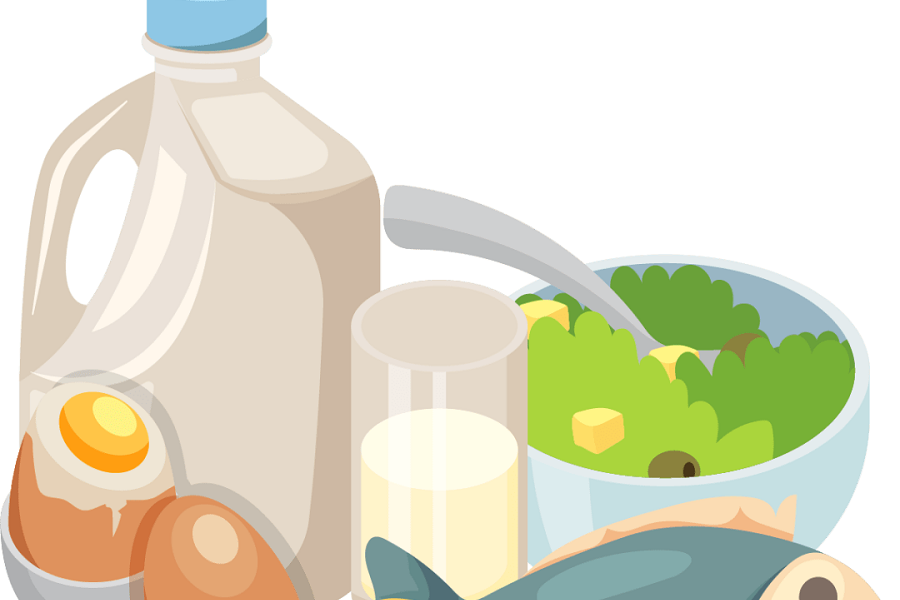- One bottle of milk per person per day
Add a bottle of milk every day after breakfast or 1 hour before going to bed to develop the habit of drinking milk. Milk is rich in calcium, and it has been reported in the literature that the occurrence and progression of atherosclerosis, hypertension, colon cancer, and Alzheimer’s disease are all related to calcium deficiency. As for people with lactase deficiency who cannot drink milk, they can drink yogurt instead.
- One egg per person per day
An egg that weighs about 1 double has about 280 mg of cholesterol in the yolk, which is just right for a person’s physiological needs for a day. The lecithin in egg yolk can reduce blood viscosity and avoid cholesterol deposition. The essential amino acids provided by eggs are in a proportion that is very suitable for human needs.
- Eat beans and soy products every day
Beans and soy products can not only help solve malnutrition, supplement the protein needed by the human body, but also prevent excess nutrition, unlike eating meat, which increases cholesterol. Among them, soybean is the crop with the highest protein content and the best quality among the existing crops.
- Create conditions to eat sea fish
Marine fish oil is rich in unsaturated fatty acids, which have the effect of lowering blood lipids. Among them, polyenoic acid combined with cholesterol in blood can reduce platelet aggregation, reduce blood viscosity, and effectively eliminate intravascular fat deposits. It is a blood vessel “scavenger” .
- Eat more poultry and less pork
The protein in animal meat and poultry meat is animal protein, which is an essential nutrient for the human body. However, pork is a fly in the ointment and contains a lot of saturated fatty acids. Therefore, nutritionists are in favor of eating more chicken and duck meat. It is not that pork cannot be eaten, but that eating less pork is good for health.
- It is best to eat 500 grams of vegetables every day (including 50-100 grams of fruits)
In addition to being rich in vitamins and minerals, vegetables and fruits are also rich in dietary fiber. It can not only prevent constipation, but also reduce the damage of harmful substances in the feces to the intestinal wall to prevent intestinal cancer, and is also beneficial to prevent obesity and improve lipid metabolism.
- Mushroom foods should be included in the dietary structure
Mushroom foods such as shiitake mushrooms, mushrooms, black fungus, etc., contain more protein than ordinary vegetables, and the ratio of essential amino acids is appropriate. There are also various trace elements and other essential substances in the human body. Long-term consumption can play a good role in health care.
- Salt, a double-edged sword
Many studies have shown that lack of salt is not enough; but a high-salt diet is even worse for human health. High salt is one of the main culprits of gastric ulcer and stomach cancer. High sodium is especially effective in raising blood pressure. In addition, high-sodium diets can also cause calcium loss. Change the bad eating habit of “salt is fresh”, and strive to control the monthly salt intake of a family of three to about 500 grams.
- Control a high-sugar, high-fat diet
According to physiologists, if each person adds an extra tablespoon of sugar (15 grams) and a tablespoon of oil (15 grams) per day, they will gain 10 kilograms of body weight in a year. Less fat is no good, more is harmful. For adults, the dosage is 2 tablespoons (about 30 grams) per person per day; for patients with obesity and hyperlipidemia, the dosage is 1 tablespoon per person per day.
- Food can not be less
The variety of food is abundant, but the per capita food intake is getting less and less. If the calorie intake is insufficient for a long time, the energy provided by carbohydrates is lower than 55% of the dietary calories, and the human body can only use protein as a heat-producing substance, which will cause the child’s growth and development to stop; adults are weak and unable to lift their spirits. Except for obese and diabetic patients, the daily food intake for adults should generally be 300-400 grams.


